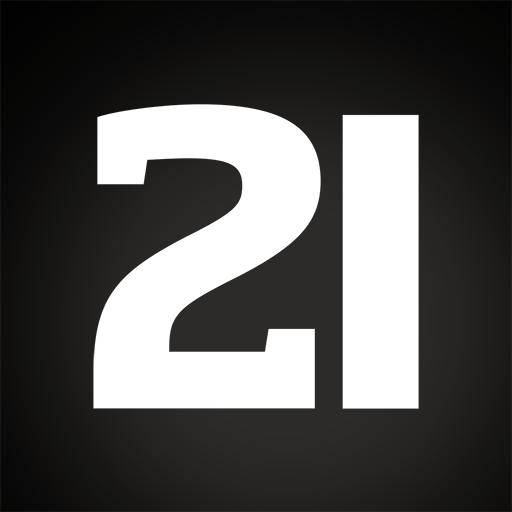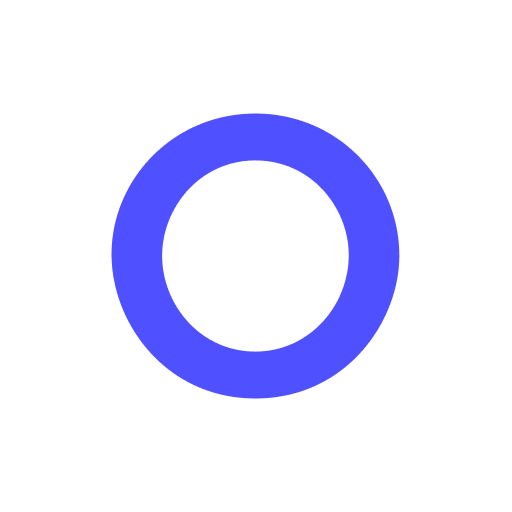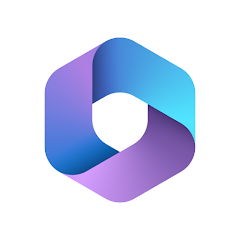Sleep Cycle
About this app
Sleep is a vital component of overall well-being; however, many individuals encounter challenges in comprehending its complexities. This guide examines sleep cycles, the various stages of sleep, and their significance for optimal health.
It elucidates the benefits of utilizing sleep tracker applications, emphasizing essential features and functionalities. To assist in selecting the most suitable option, this guide compares leading apps available on the market, accompanied by user reviews.
Additionally, it provides practical tips to enhance the effectiveness of sleep tracking. Whether one is seeking improved rest or is simply inquisitive about sleep habits, this guide offers valuable insights for all readers.
Understanding Sleep Cycles
Understanding sleep cycles is essential for enhancing sleep quality and overall health, as it involves various stages of sleep, including light sleep, deep sleep, and REM sleep. Each of these stages plays a critical role in physical restoration and cognitive function.
A typical sleep cycle lasts approximately 90 minutes, during which the body progresses through these stages multiple times, influencing both sleep duration and quality.
By utilizing a sleep tracker to monitor these cycles, individuals can obtain valuable insights into their sleep patterns, which can facilitate the development of better sleep habits and the optimization of their sleep environment.
Stages of Sleep and Their Importance
The stages of sleep are primarily categorized into three types: light sleep, deep sleep, and REM sleep, each contributing uniquely to overall sleep quality and recovery. Light sleep serves as a transitional phase between wakefulness and deeper sleep, playing a critical role in relaxation. Deep sleep is essential for physical recovery and memory consolidation. REM sleep, characterized by rapid eye movement, is vital for emotional regulation and cognitive functions, underscoring the importance of each stage for overall health.
Understanding these stages enables individuals to analyze their sleep patterns more effectively and identify disruptions that may impede restful slumber. Light sleep generally comprises the initial phases during which the body begins to relax; this stage is crucial for transitioning into deeper, more restorative stages of sleep.
The deep sleep phase, often referred to as slow-wave sleep, is characterized by significant recovery processes, including tissue repair and hormonal regulation. REM sleep not only fosters creativity and emotional resilience but also aids in the processing of new information, thereby enhancing memory retention.
Collectively, each stage significantly influences comprehensive well-being, highlighting the importance of quality sleep.
Benefits of Using a Sleep Tracker App
Utilizing a sleep tracker application offers a variety of advantages, ranging from comprehensive sleep monitoring to tailored recommendations for optimizing sleep quality.
Through the analysis of sleep statistics, users are able to discern patterns in their sleep behavior and implement informed adjustments to their nightly routines, which can lead to improved sleep quality and overall health.
These applications typically include features such as biometric data integration, customizable wake-up alarms, and soundscapes designed to foster a conducive sleep environment, thereby ensuring a positive user experience.
Features and Functions of Sleep Tracker Apps
Sleep tracker applications are equipped with a range of features designed to enhance the user experience, including comprehensive sleep insights, smart alarms, and sleep diaries for monitoring daily patterns. These applications frequently leverage wearable technology to collect biometric data, thereby enabling accurate sleep analysis and assessment of sleep habits. An intuitive user interface allows users to navigate notifications and settings with ease, facilitating the optimization of their sleep experience.
Plus these fundamental features, numerous sleep tracker applications provide personalized sleep coaching and tips tailored to individual requirements, assisting users in gaining a deeper understanding of their sleep cycles.
Smart alarms are designed to wake users gently during their lightest sleep phase, promoting a more refreshing start to the day. Notifications serve as reminders for users to adhere to their sleep schedules, while sleep diaries encourage self-reflection and awareness regarding nightly rest patterns.
By integrating advanced technological tools, these applications not only simplify sleep management but also offer actionable insights that can lead to significant improvements in overall sleep quality.
Top Sleep Tracker Apps on the Market
When evaluating the leading sleep tracker applications available in the market, users typically seek tools that deliver comprehensive sleep analysis and cater to their specific requirements. This includes the provision of accurate performance metrics and customer reviews that demonstrate user satisfaction.
Numerous applications operate under diverse subscription models, offering features such as sleep monitoring, personalized recommendations, and integration with other health tracking systems. The selection of an appropriate application can have a substantial effect on sleep quality and overall sleep habits.
Comparison of Features and User Reviews
Comparing features and user reviews is essential for selecting an appropriate sleep tracker application, as users often prioritize sleep tracking accuracy and data privacy alongside the app's functionality. Many applications offer a variety of features, ranging from sleep statistics and analysis to community support and troubleshooting assistance. Developer support can significantly enhance user engagement and experience, making it a critical component of the app's overall performance.
This reliance on user feedback underscores the diverse preferences individuals have regarding specific functionalities, such as the comprehensiveness of sleep reports or the capacity to work together with other health devices. Positive reviews frequently highlight the responsiveness and helpfulness of developers as key factors influencing user satisfaction, while concerns regarding inaccurate tracking can rapidly lead to negative experiences.
Engaging with the user community not only fosters trust but also encourages developers to enhance their applications based on real-world input, ultimately resulting in a more refined and effective tool for sleep management.
Tips for Using a Sleep Tracker App Effectively
To fully capitalize on the advantages of a sleep tracker application, it is imperative to implement effective strategies that correspond with individual sleep patterns and improvement objectives. Employing features such as sleep reminders and relaxation techniques can considerably enhance the overall sleep experience.
Additionally, maintaining a sleep diary enables users to recognize and modify daily habits that may affect their sleep quality. By consistently utilizing the app's functionalities, users can make significant progress toward achieving optimal sleep health.
Related Apps
-
Peloton - Fitness & WorkoutsGETHealth and Fitness
-
Muscle ManGETHealth and Fitness
-
Program 21GETHealth and Fitness
-
Oscar HealthGETHealth and Fitness


















